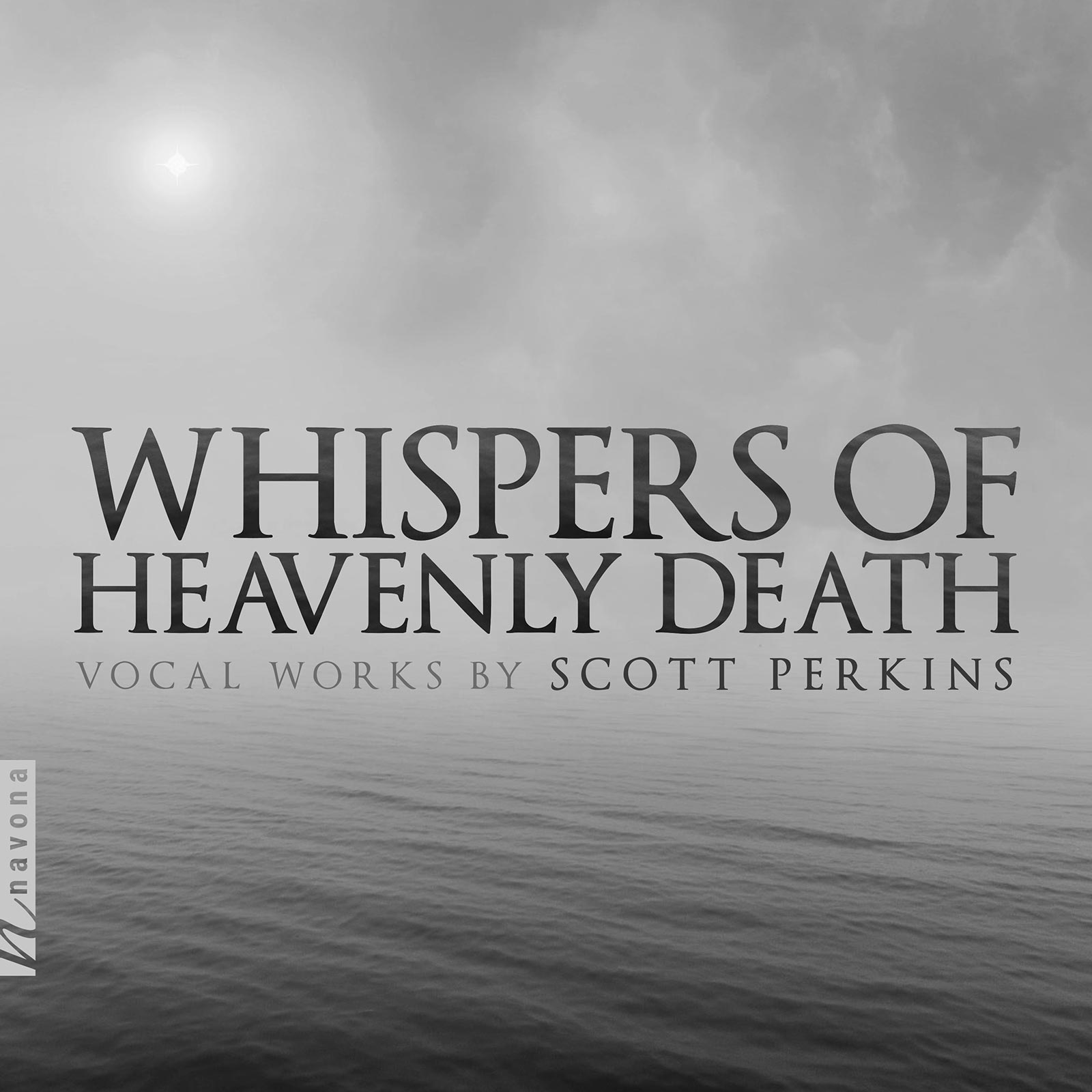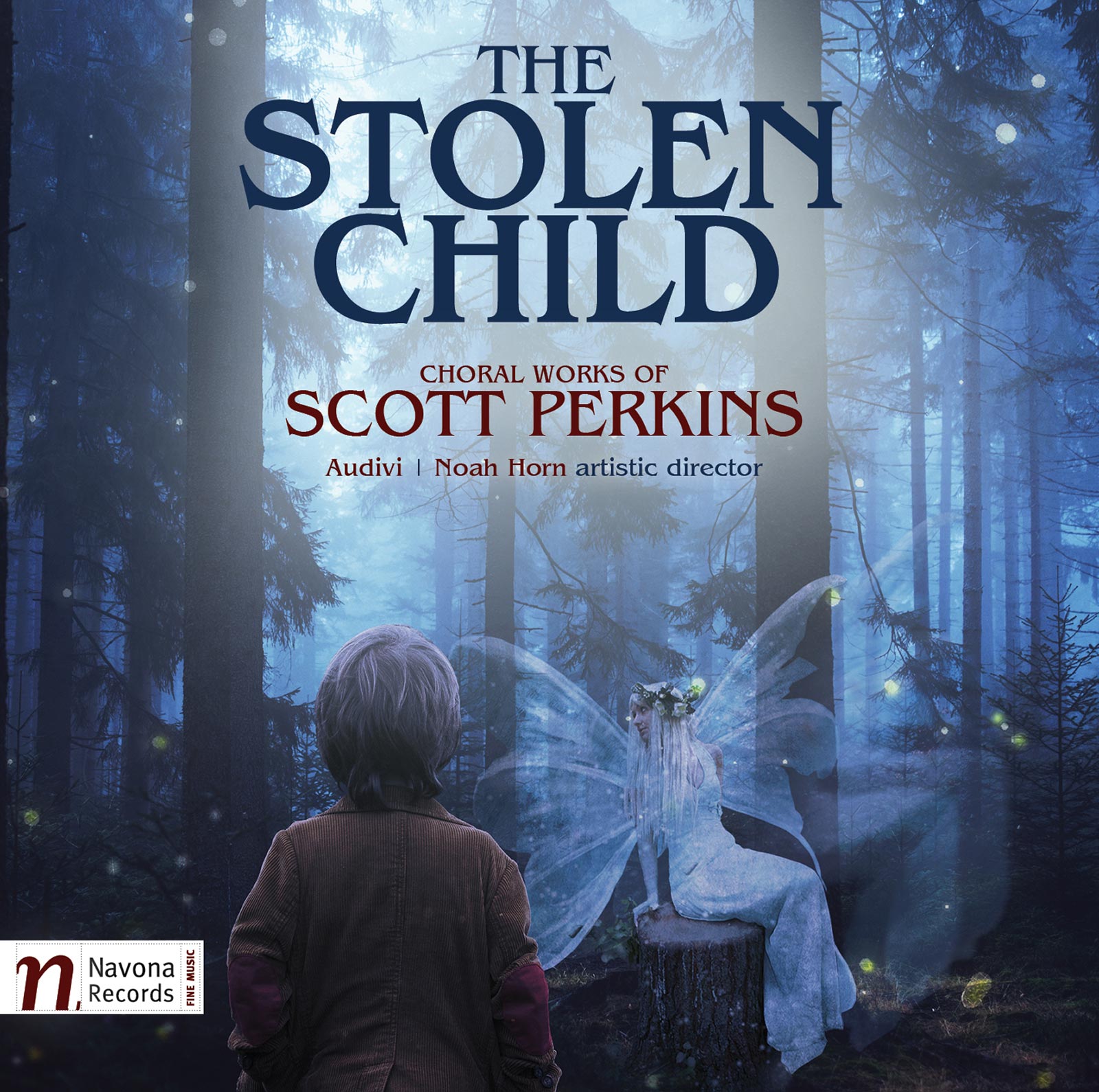
photo: Karissa Van Tassel
Connecticut native Scott Perkins enjoys a multifaceted career as an international prize-winning composer, a versatile performer, an award-winning scholar, and a music professor at California State University, Sacramento. Praised by critics from publications including the Washington Post (“dramatic,” “colorful”) and the Washington Times (“perfectly orchestrated,” “haunting,” “a remarkable and welcome musical surprise”), his work has been commissioned by organizations ranging from the Washington National Opera to the American Guild of Organists and has been performed throughout North America and Europe. He has collaborated with musical and non-musical artists, including Tony Award-winning playwrights, Emmy-winning filmmakers, and celebrated poets. His music has been released by Navona Records, and he is published by E. C. Schirmer, Augsburg Fortress, and Paraclete Press.
Scott earned his PhD in composition at the Eastman School of Music, where his primary teacher was Ricardo Zohn-Muldoon. He holds master’s degrees in both music theory and music theory pedagogy from Eastman, and he has a bachelor’s degree, summa cum laude, in music theory and composition from Boston University.
Albums
Whispers of Heavenly Death
Catalog Number: NV6198
The Stolen Child
Catalog Number: NV6067



